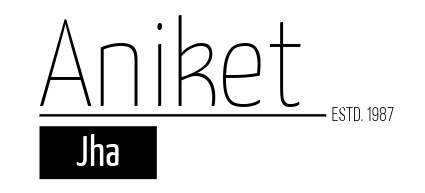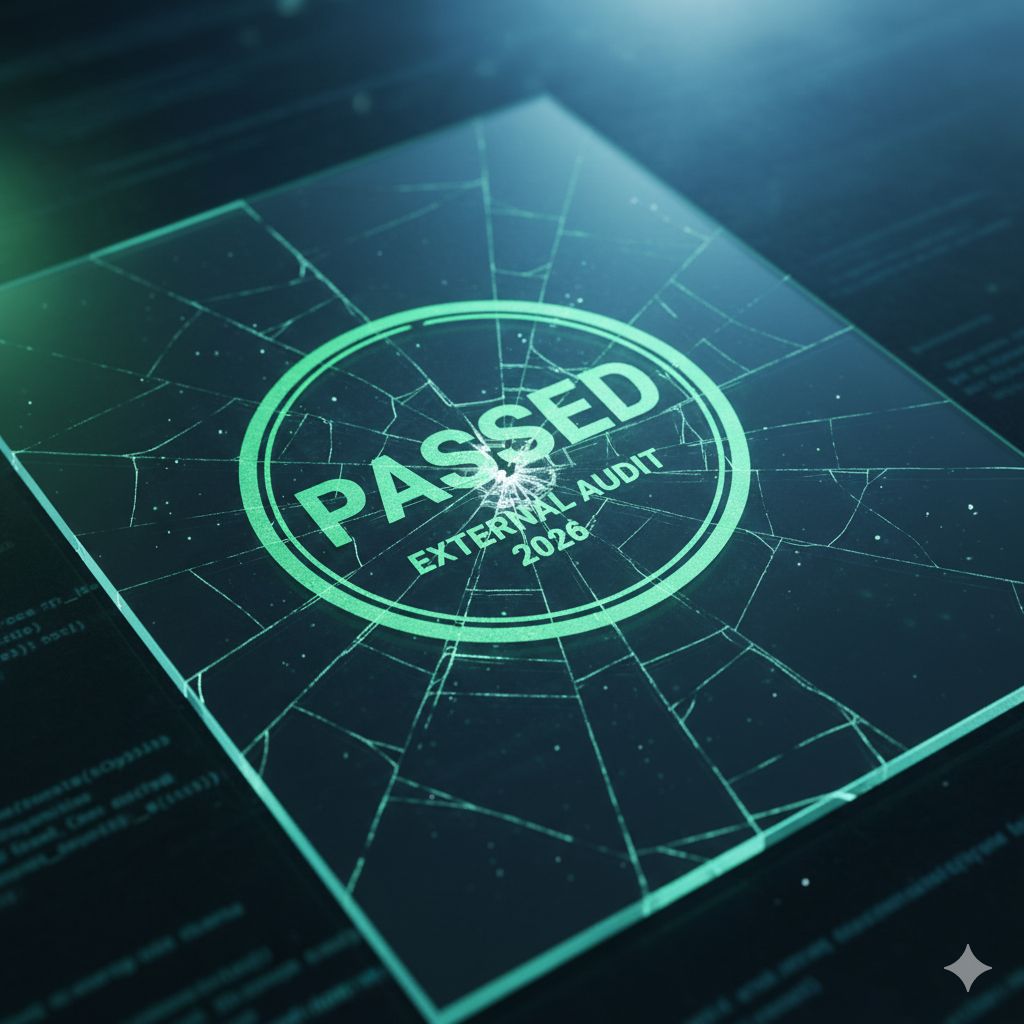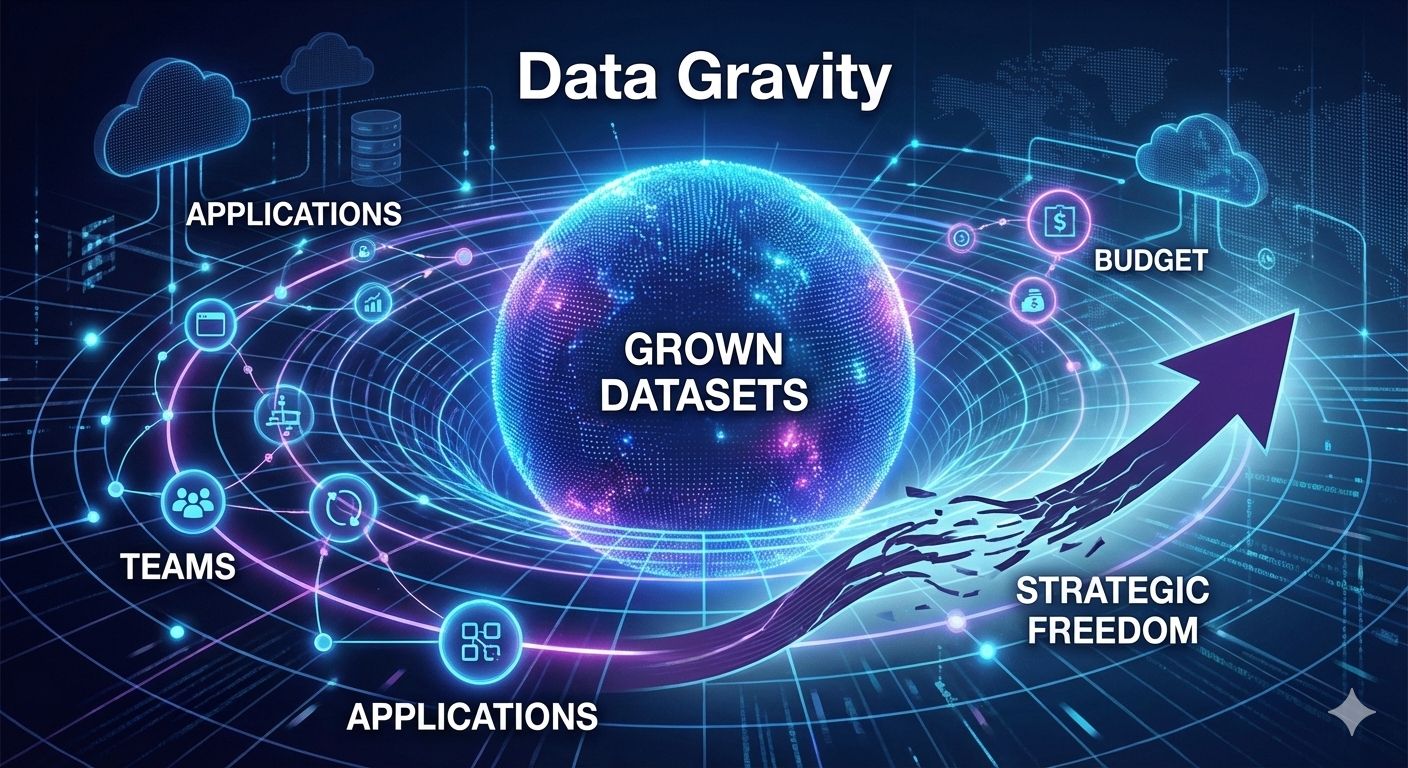In a world of overflowing to-do lists, endless emails, and digital noise, it’s easy to fall into the trap of trying to remember everything. But human beings weren’t built for memory overload we’re wired for understanding, for making connections, for problem-solving.
This mindset shift is especially critical for project managers, who must juggle priorities, people, timelines, and expectations. The best project managers don’t try to be memory machines they build systems, use tools, and develop habits that let them focus on adding real value.
Key Tools, Habits, and Resources That Make Great Project Managers Function Exceptionally Well
1. Systems > Memory
“Your brain is for having ideas, not holding them.” — David Allen
Use a second brain: Tools like Evernote or even a notepad help externalise ideas, notes, meeting recaps.
Implement a task management system: Don’t try to remember every little task use tools like ClickUp, Asana, Todoist, or Trello.
Try the “If it takes under 3 minutes, do it now” rule to reduce task clutter.
2. Write It Down — Even the Obvious Stuff
Writing helps you understand, not just recall.
Create project “living documents” a single source of truth for scope, progress, risks.
Maintain a daily log/journal to reflect, unblock yourself, and notice patterns.
3. Use AI to Work Smarter
Let AI think alongside you, not for you.
Use AI summarizers (like Copilot, ChatGPT or Claude) to distill meeting notes, documents, stakeholder emails.
Try AI scheduling assistants (Motion, Reclaim.ai) to auto-prioritize your calendar around focused work.
Integrate AI alert systems: For instance, smart dashboards that only ping you for deviations, risks, or blockers not every task status.
4. Mindful Productivity & Focus
Silence distractions but stay alert to what matters:
Use Slack “Do Not Disturb” windows
Mute non-urgent notifications, but pin important team alerts.
Adopt the Pomodoro Technique or Time-blocking for deep work.
5. Delegate and Let Go
You don’t have to do it all. Delegate tasks clearly, then trust your team.
Focus on clarity over control. Define success, then step back.
Patience is a productivity tool: Not everything is urgent. Not everything should be.
6. Be a Meaning Maker, Not Just a Messenger
Translate goals into why it matters for your team.
Simplify the complex, contextualize the urgent, and humanize the stressful.
Be the voice that turns data into direction.
Key Takeaways
Your brain is built to understand, not store data. Use tools and habits that let you think clearly.
Writing is not for record-keeping it’s for clarity and focus
Delegate decisively and focus on what only you can do
Embrace AI to reduce noise and surface insights
Value comes from clarity, calm, and connection not chaos
| Action | Time It Takes | Why It Helps |
| Write down your top 3 priorities for today | 2 min | Anchors your day |
| Set up “Focus Mode” on your phone/laptop | 1 min | Instantly reduces distractions |
| Try an AI meeting summarizer | 5 min setup | Frees mental energy |
| Delegate one thing you’ve been holding onto | 3 min | Builds team trust and frees you |
| Start a “Lessons Learned” doc for current project | 10 min | Helps with future clarity and understanding |
Conclusion: Project management isn’t just about juggling tasks or remembering deadlines. It’s about seeing the bigger picture, creating clarity, and enabling flow. The most effective project managers don’t rely on memory alone. Instead, they build systems that reflect how humans naturally function: we thrive when we understand, connect, and prioritize meaningfully.
By offloading memory to trusted tools, building habits that reduce decision fatigue, and leveraging AI for smart alerts and automation, you shift your energy from reaction mode to strategic leadership.
So write it down. Delegate with patience. Simplify ruthlessly. Reflect weekly.
Because you’re not here to remember everything you’re here to understand, lead, and create lasting value.
Image Courtesy: Image by jannoon028 on Freepik




